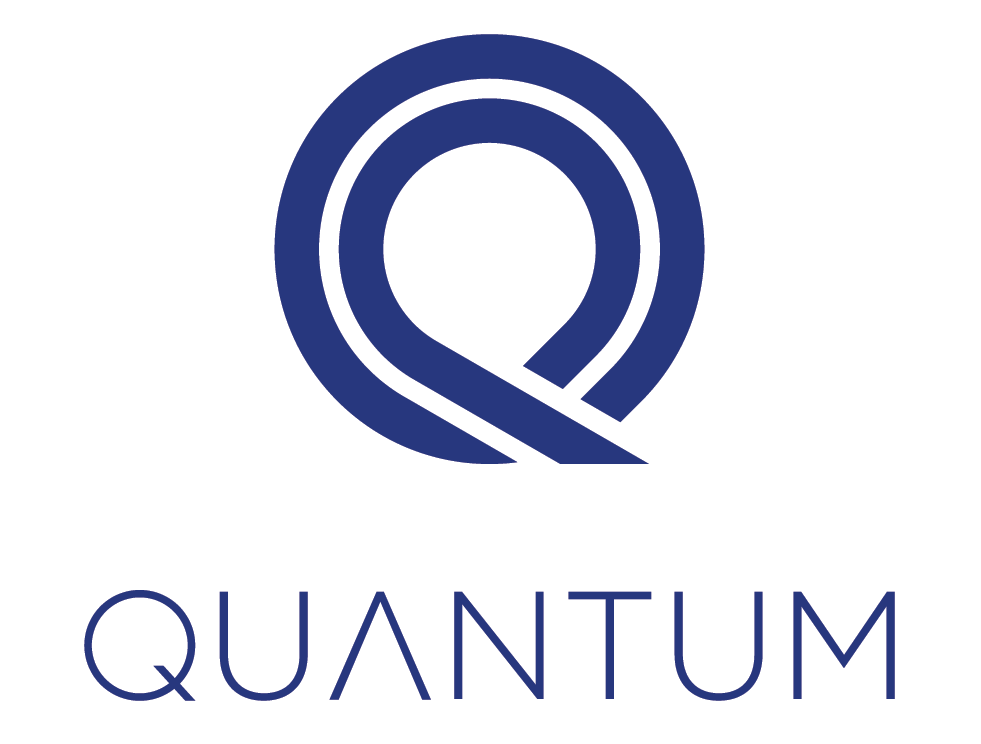Congratulations to our 2022 students on their stellar results in the early rounds, with acceptances into Oxford, Cambridge, Imperial College, UCL, and more! You have all worked so incredibly hard in these unprecedented times!
Since the pandemic started, the UK university admissions landscape has changed tremendously. As consultants, it is our duty to know how these changes impact applications and help our students adapt to them. Below are the 3 main trends we have noticed so far!
1. Oxbridge has massively increased recruitment intake from state schools
Many Hong Kong students choose to go to top public schools that boasts high Oxbridge admissions, but did you know that Oxbridge offers for public and independent schools have drastically decreased over the past decade? Top public schools in the UK are sending fewer students to Oxbridge in the recent years. As a matter of fact, one of the most prestigious public schools in the UK, Eton College, sent 48 boys to Oxbridge in 2021, as compared to 99 boys in 2014.
Students from state schools are gaining more and more offers from Oxbridge each year. Over 3600 students received Oxford offers in 2022, with 70% going to UK applicants studying at local state schools. This is compared to 58% state school intake in 2016, showing a very significant 12% increase. Similarly, state school intake has gone up from 62% to 70% at Cambridge from 2015 to 2022. In conclusion, Oxford and Cambridge are both putting in more effort to admit students from a wider range of academic, financial and ethnic backgrounds.
Since there are smaller number of spaces in Oxbridge for public schools now, competition grows keener on a yearly basis. Preparing every aspect of the application to stand out above the rest consequently becomes increasingly important. Personal statements need to show keen interest for the subject area; academic results need to be flawless; interview and aptitude test performances need to be stellar. Then, and only then, do students have a fighting chance for being admitted into Oxbridge.

2. Top UK universities are becoming stricter with their entry requirements
In these trying COVID times, different exam boards face the challenge of grading their students in a brand-new setting with limited opportunities to assess academic understanding of students, as in-person examinations become less and less feasible. Therefore, exam boards are now relying more heavily on internal assessments and predicted grades in school and less on public exams. As a result, there has been a massive grade inflation across different systems, including the IB diploma, A level and AP. For example, 26% of grades are A* or A in 2019’s A-level exams, but it quickly went up to 39% in 2020 and 45% in 2021. IB was no exception, with 1155 students globally attaining full 45 marks in 2021 – reportedly 10 times that of the previous year.
In response to the recent grade inflations, top universities have become correspondingly strict with their grade requirements. Take the course Politics, Philosophy and Economics (PPE) in UCL as an example: they require a 39/45 and a total of 19 points in three HL subjects including 7 in Mathematics, with no score lower than 5. If a student applies with the predicted grade of 38/45 or 6 in HL Maths, they would immediately be outright rejected now, as opposed to still being considered a few years ago. Top universities like Oxford, Cambridge, and Imperial College are looking less into grades, but instead have students take their own aptitude tests and interviews to differentiate the most academically capable candidates.
As consultants, we can safely say that knowing the exact grade and subject requirements for specific programmes is crucial to success in your application.

3. Rising importance of aptitude test
With grade inflation, more students are willing to apply to top universities, and these top universities must look for other methods to differentiate the top students. The importance of aptitude tests in Oxbridge applications have risen to a historic high. Everyone talks about how daunting the interviews are but acing the aptitude tests are equally important. Take Physics (BA) in Oxford as an example: all candidates are required to take the Physics Aptitude Test (PAT). Only 33% of candidates were interviewed and 13% were given offers on average. That means 67% of candidates were rejected due to their PAT scores, showing the importance of taking aptitude tests seriously.
However, that doesn’t mean that avoid applying to programmes that requires aptitude tests is the answer to daunting papers. Each student has their own strengths and interests. Therefore, it is vital for students to be clearly informed and fully prepared before they make their decision to apply to certain programmes.
For example, if a student is struggling between applying to Chemistry in Oxford or Natural Science in Cambridge, we, as consultants with technical fluency in STEM, would scrutinize course outlines for each programme and past papers of Natural Science Admissions Assessment (NSAA) with our students, as part of the decision-making process. If a student is particularly good at articulating their thought processes when approaching Chemistry problems, then applying to Chemistry at Oxford makes the most sense. If their strength lies more in test taking, then taking the NSAA before interviews would boost their chance of getting in massively.
References:
https://www.bbc.com/news/education-58086908
Quantum Prep is an education consultancy that focuses on placing their students at the best colleges or universities. We boast of diverse results. In addition to the traditional rap sheet of prestigious university acceptances, our consultants like to highlight the different paths they have sent students on. All of our students are different; we are proud of our one-on-one tailored approach towards university counselling. Contact us for a complimentary 30-minute initial meeting, where you can get tailored individualized advice on how to put your best foot forward. Read our reviews to see what our clients think of us.
By Anson Chung, Admissions Consultant
Published 15-03-2022

